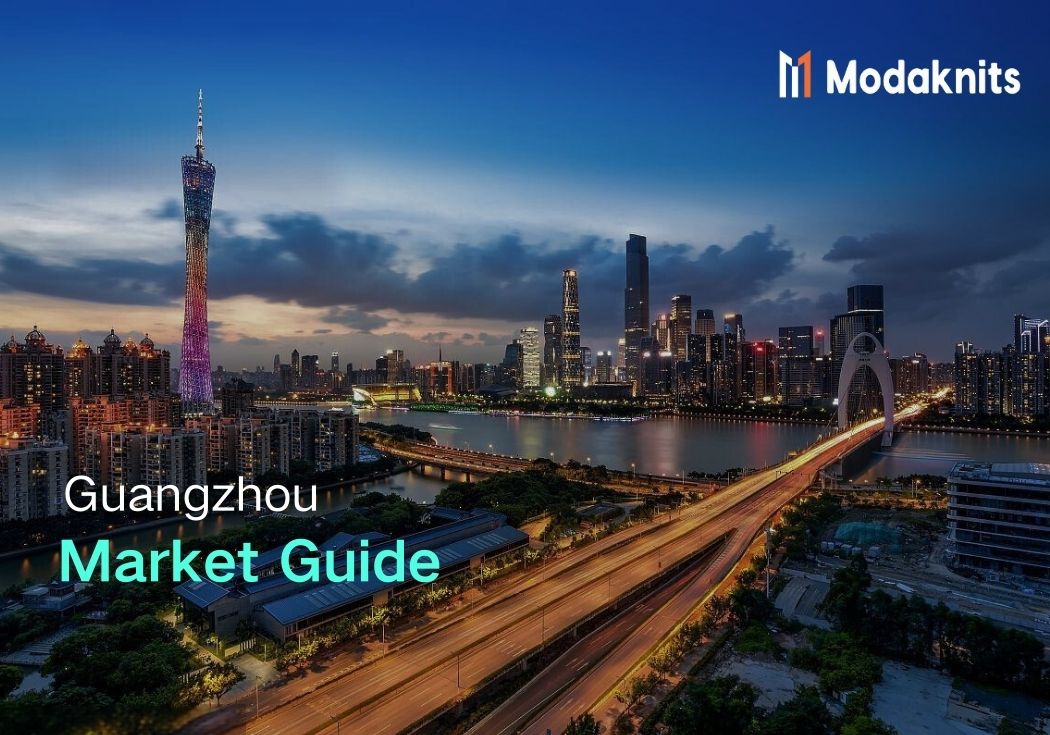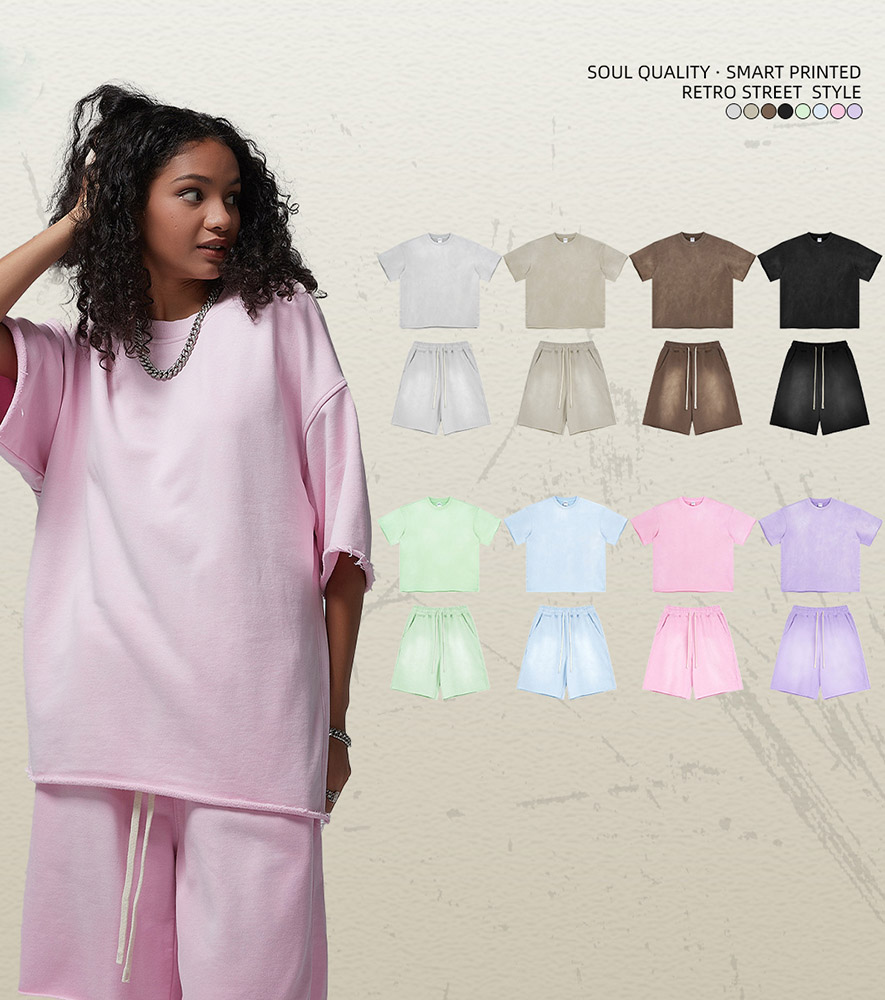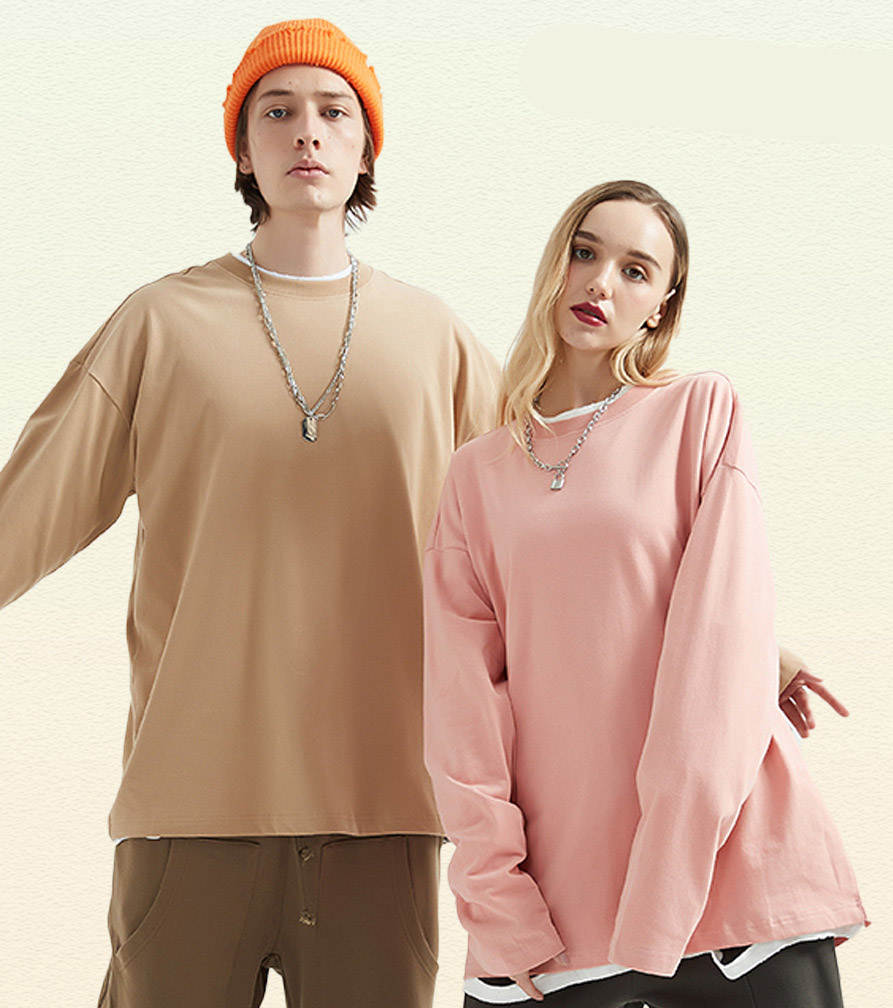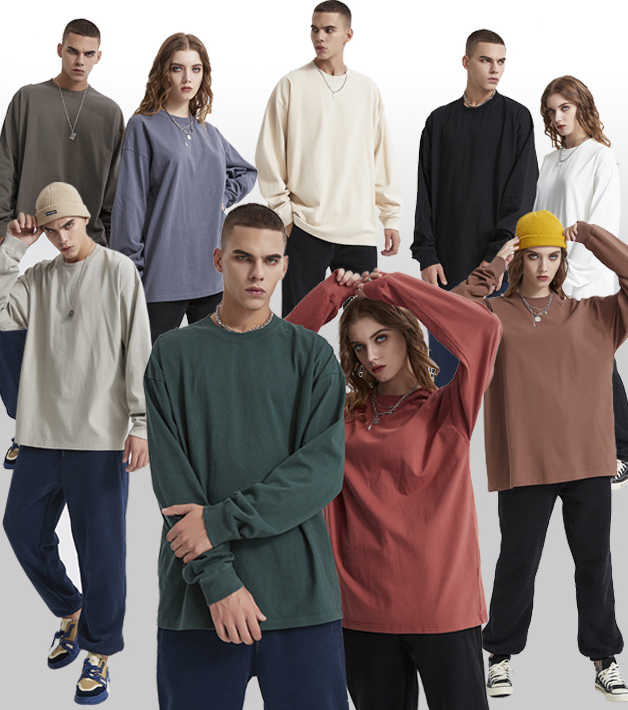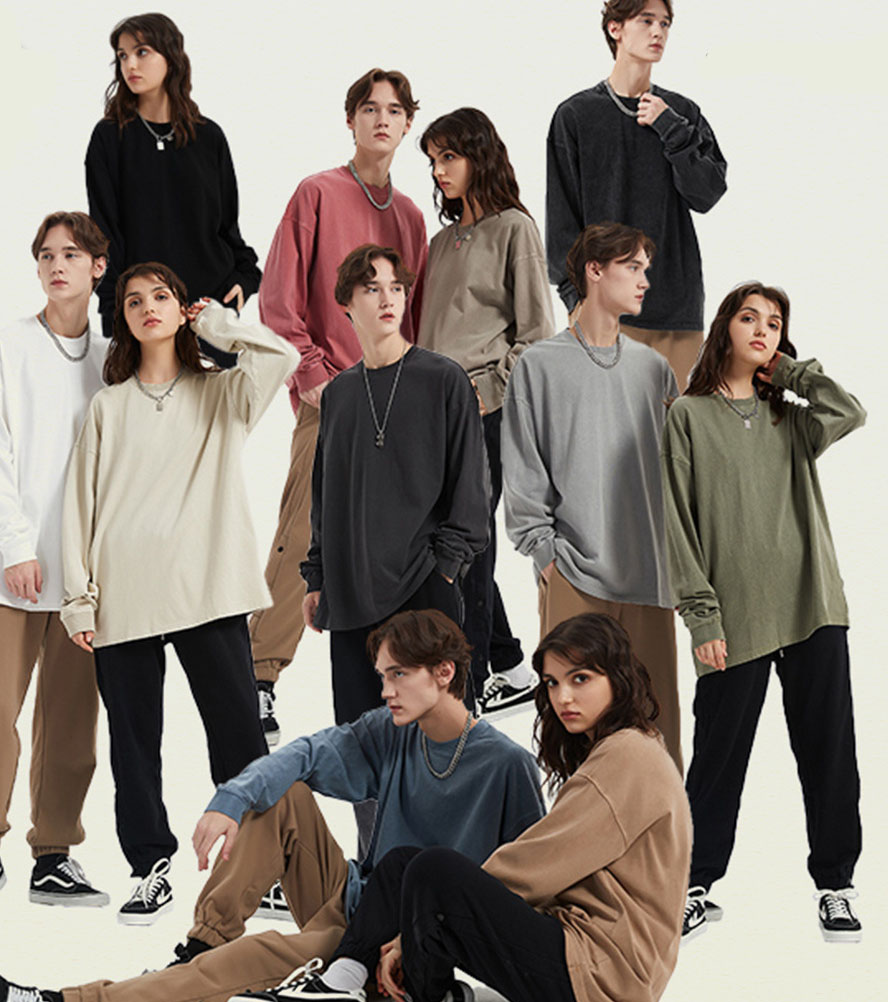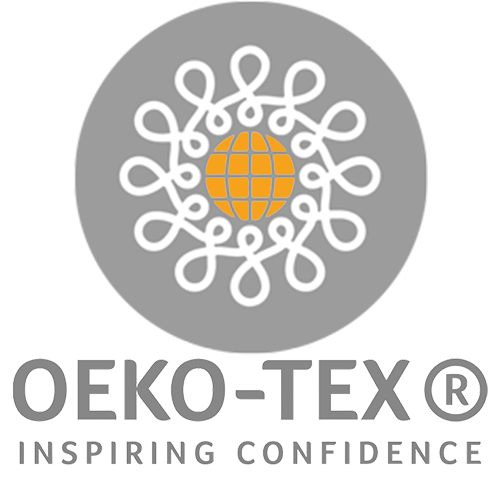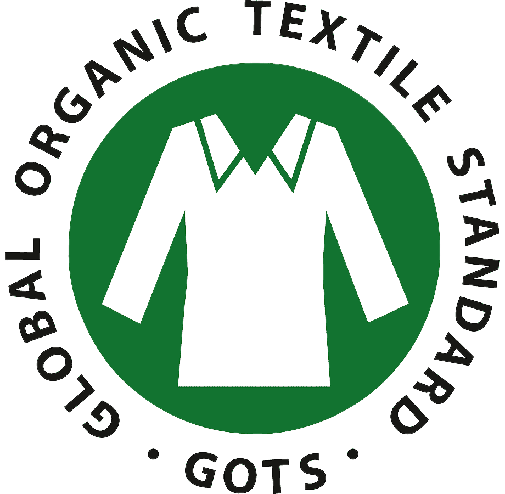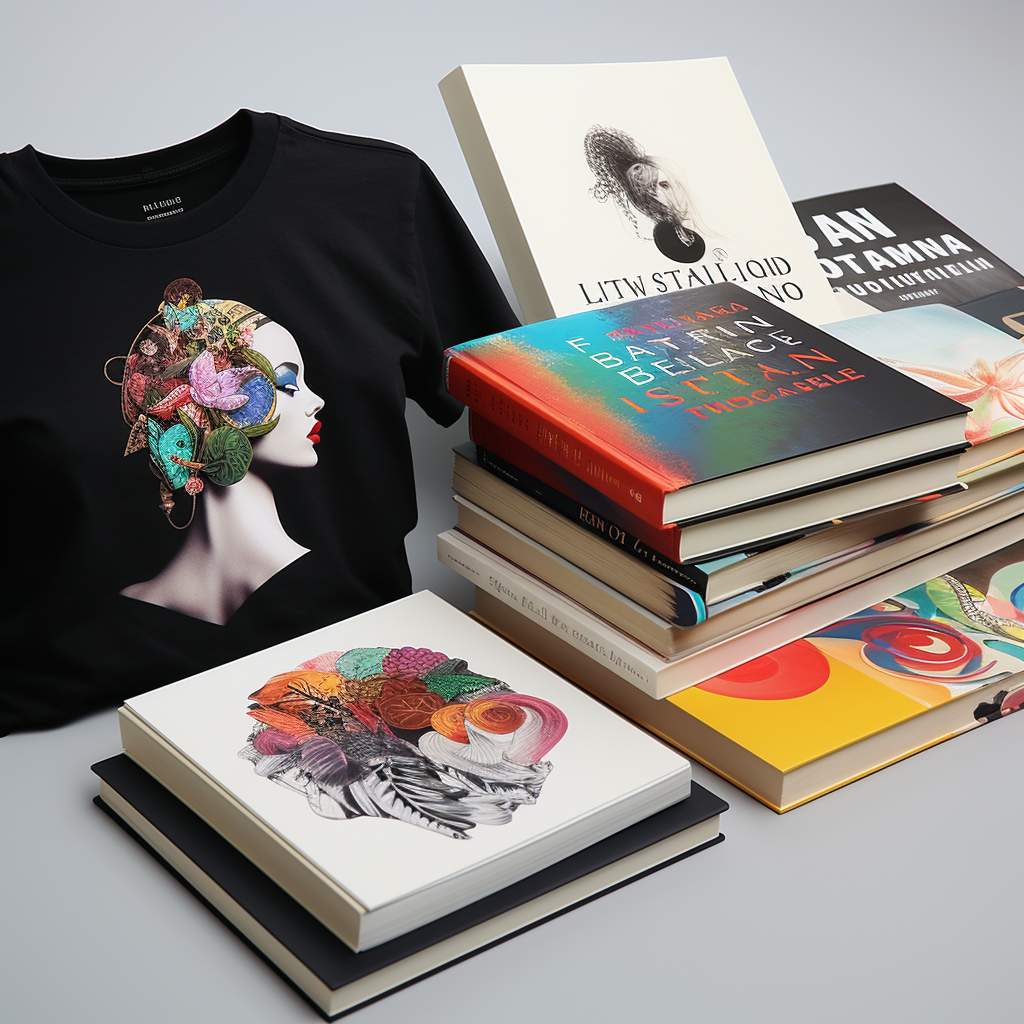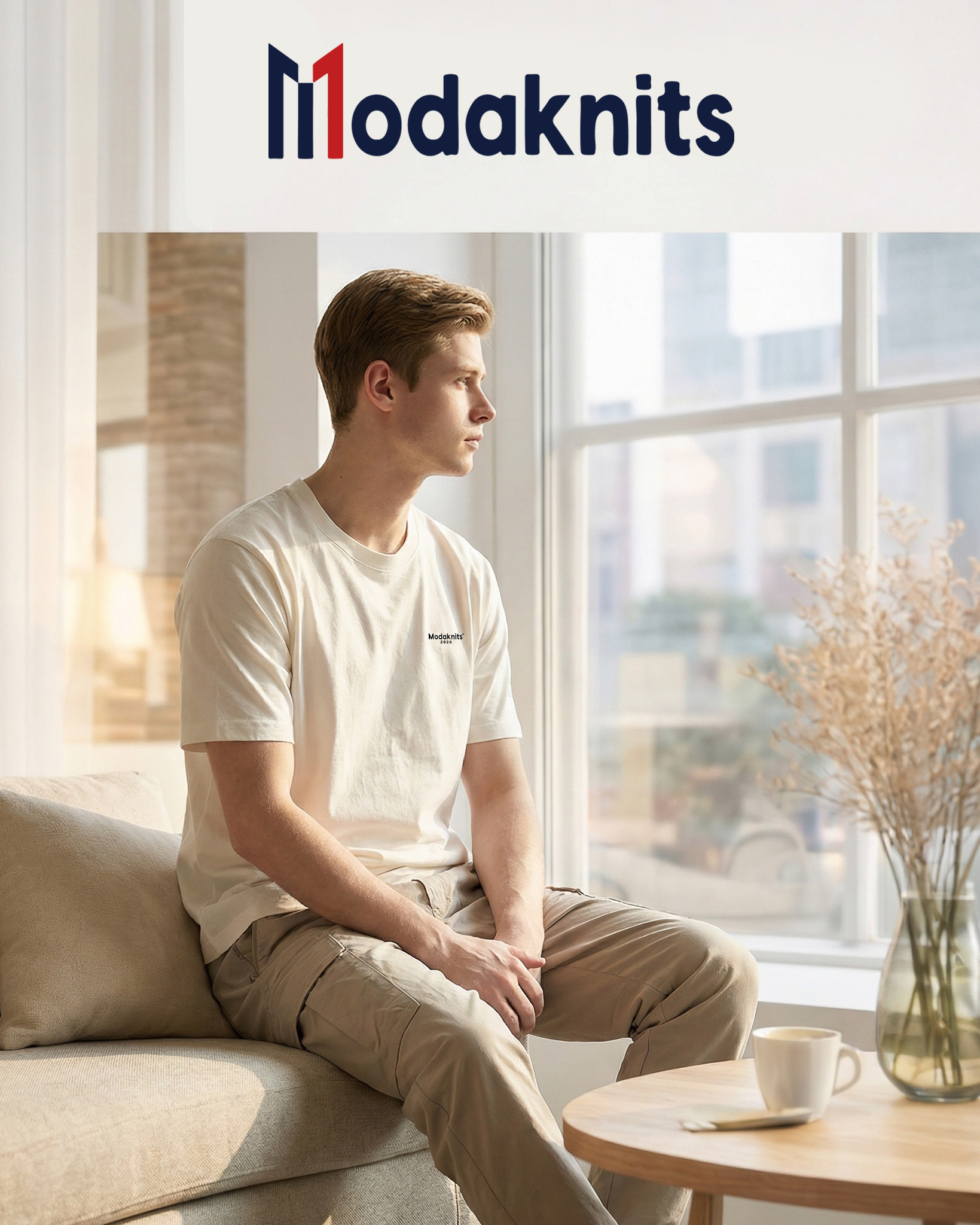Finding the right clothing manufacturer in Europe can feel like searching for a needle in a haystack—especially if you’re a startup or a brand looking for both quality and cost-effectiveness.
You can find European clothing manufacturers1 through B2B platforms2 like Europages and Kompass, fashion trade shows, local sourcing agencies, or by directly researching top-producing countries like Italy, Portugal, and Turkey. Evaluating certifications and sample quality is key to building a reliable supply chain.
When I first looked for my European manufacturing partner, I fell for a polished website only to discover later that the factory didn’t exist. Since then, I’ve developed a methodical approach to sourcing in Europe—and I’m sharing it all here.
What Are the Best Online Platforms to Source European Apparel Manufacturers?
Most successful sourcing journeys start online. But not every platform is built the same.
Europages, Kompass, and Sqetch are the go-to online directories to find verified European apparel manufacturers. They offer search filters, direct contacts, and industry categorization to streamline your sourcing.
 Digital fabric selection.
Digital fabric selection.
How Can You Use Europages, Kompass, or Sqetch to Find EU-Based Clothing Suppliers?
Each platform serves a slightly different sourcing purpose.
Europages and Kompass offer a massive B2B directory covering thousands of EU suppliers, while Sqetch focuses on verified, sustainable manufacturers that specialize in fashion.
| Platform | Focus | Key Features | Suitability |
|---|---|---|---|
| Europages | General B2B | Advanced filtering, multilingual support | Large-scale and mid-size buyers |
| Kompass | Trade data + search | In-depth company profiles, D&B verification | Buyers needing deeper due diligence |
| Sqetch | Fashion-specific | Sustainable sourcing, RFQ system | Perfect for startups, ethical brands |
Use filters like “Apparel Manufacturing,” “Private Label,” or “Low MOQ” to narrow down your search. Always reach out to at least 3 suppliers and compare offers.
Are There B2B Fashion Platforms Specifically for European Ethical and Sustainable Brands?
Yes, and they’re growing fast.
Platforms like Common Objective, Source Fashion Directory, and Sqetch help brands connect with certified ethical and sustainable European manufacturers3.
Ethical fashion is no longer niche—consumers demand it, and these platforms make it accessible. Common Objective (CO) even ranks suppliers based on transparency and sustainability metrics. If your brand values slow fashion, these directories save hours of vetting.
Which Countries in Europe Are Known for High-Quality Clothing Manufacturing?
Location still matters in fashion, especially when it comes to craftsmanship and quality.
Italy and Portugal are Europe’s leaders in luxury and textile innovation. Turkey, Poland, and Romania offer competitive pricing with scalable production.
What Makes Italy and Portugal Leaders in Premium Fashion and Textile Production?
These countries have centuries-old fashion legacies and skilled labor forces.
Italy is known for high-end tailoring, luxury fabrics, and family-owned factories. Portugal excels in eco-friendly textiles, knitwear, and small-batch production.
Italy:
- Specializes in leather goods, outerwear, and high-end ready-to-wear.
- Home to famous regions like Prato (textiles) and Florence (leather).
- High labor costs, but unmatched craftsmanship.
Portugal:
- Known for seamless activewear, jersey fabrics, and eco-friendly dyeing.
- Many factories hold GOTS and OEKO-TEX certifications.
- Offers English-speaking project managers and lower MOQs.
How Do Poland, Turkey, and Romania Compare in Cost and Capabilities?
They’re rising stars for price-conscious brands.
Turkey combines fast fashion agility with sustainable fabrics. Poland offers skilled CMT services near Western Europe. Romania bridges price and proximity for EU clients.

Turkey:
- Strong in denim, sportswear, and organic cotton.
- Customs union with the EU enables duty-free trade.
- Lead times as fast as 4 weeks.
Poland:
- Strategic for brands targeting Germany or Scandinavia.
- Offers strict quality control and short logistics cycles.
- Slightly higher cost than Turkey, but faster delivery.
Romania:
- CMT specialists with experience in high-street fashion.
- Bilingual teams and EU regulations.
- Lower costs than Italy, slightly higher than Turkey.
How to Evaluate the Reliability of a European Clothing Manufacturer?
Slick websites can’t replace real due diligence.
Reliable EU manufacturers usually hold certifications like GOTS or OEKO-TEX, provide transparent pricing, and willingly share samples or factory audits.
What Certifications (e.g., OEKO-TEX, GOTS, ISO) Should You Look For?
Certifications validate trust and compliance.
Look for OEKO-TEX for fabric safety, GOTS for organic textiles, ISO 9001 for quality management, and BSCI/SEDEX for social responsibility.
- OEKO-TEX Standard 100: Ensures no harmful chemicals.
- GOTS: Validates organic status and fair labor conditions.
- ISO 9001: Quality systems across production.
- BSCI & SEDEX: Social audits showing ethical labor practices.
Don’t rely on logos—ask for current certificates and check issuing bodies.
How Can You Use Factory Audits, MOQs, and Sample Orders to Assess Quality?
Actions speak louder than documents.
Requesting product samples, small trial orders, and third-party factory audits is the most effective way to assess quality, responsiveness, and reliability.
- Start with Samples: Ask for a pre-production prototype. Analyze stitching, fit, and fabric density.
- Low MOQ Trial: Test the factory with a small batch to evaluate consistency.
- Audit Support: Use local inspectors or platforms like QIMA to verify compliance.
What Are the Best Ways to Connect With European Manufacturers Offline?
Sometimes the best deals happen face to face.
You can meet European clothing manufacturers at trade shows like Première Vision or use local fashion export offices and chambers of commerce to get verified contacts.
Which Fashion Trade Shows and Sourcing Events Take Place in Europe?
Events offer unmatched efficiency for supplier scouting.
Première Vision (France), Munich Fabric Start (Germany), and Texworld (France) are top-tier shows for fashion brands sourcing in Europe.

- Première Vision Paris: High-end fabrics, accessories, and manufacturers.
- Munich Fabric Start: Strong in technical fabrics and trims.
- Texworld Paris: Wide range of global exhibitors, including many EU producers.
Tip: Book meetings before attending—walk-in success is rare.
How Can Local Fashion Agencies or Embassies Help With Manufacturer Introductions?
They offer local intel and credibility.
Fashion councils, export development offices, and embassies can introduce trusted manufacturers and sometimes even offer grants for first-time orders.
- Portugal Fashion Council often hosts B2B match-making.
- UK Department for Business offers sourcing support post-Brexit.
- Italy’s Trade Agency (ITA) promotes textile exports and pre-vets suppliers.
Can Small Brands and Startups Work With European Clothing Factories?
Yes—if you know where to look.
More EU manufacturers now offer low MOQs, sampling packages, and even design development to support small brands and ethical startups.
Which Manufacturers Offer Low MOQs and Custom Design Services?
These partners specialize in small-batch and flexible production.
Factories in Portugal, Lithuania, and Greece often support 100–300 MOQ orders and offer in-house pattern making.
Look for:
- Cut & Sew Studios with flexible MOQ policies.
- ODM Factories that assist in design development.
- Knitting Mills offering sampling services and trend research.
How Do European Suppliers Support Small-Batch or Sustainable Apparel Lines?
They focus on agility, not just scale.
Many EU suppliers offer deadstock fabric sourcing, local dyeing, and ethical labor—all of which are ideal for sustainable brands.
- Zero-Waste Production: Several small-scale units in Berlin and Amsterdam now offer made-to-order and no-inventory models.
- Eco-Fabric Partners: Look for those sourcing from Lenzing (TENCEL) or Repreve (recycled polyester).
- On-Demand Dyeing: Available in Portugal and Spain for micro-runs.
Conclusion
European clothing manufacturers offer unmatched craftsmanship, traceability, and proximity to Western markets. From Italy’s luxury to Portugal’s eco-production and Turkey’s speed, there’s a perfect match for every brand—if you know how and where to look.
-
Explore this link to discover comprehensive resources and platforms that can help you connect with reliable European clothing manufacturers. ↩
-
This link will guide you to the leading B2B platforms that streamline the process of finding verified clothing manufacturers in Europe. ↩
-
Check out this resource to learn about sustainable clothing manufacturers in Europe and how they can align with your brand’s values. ↩


